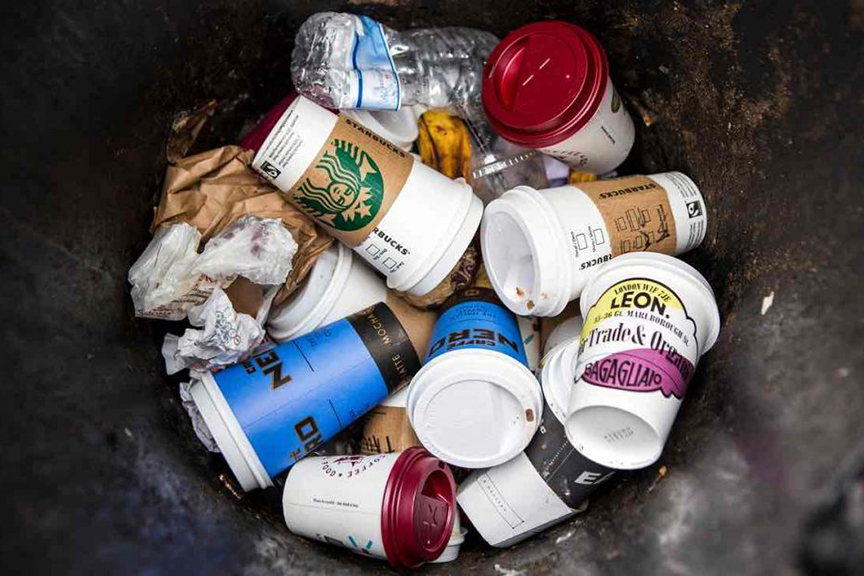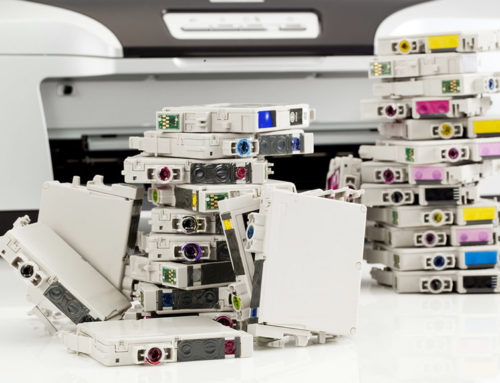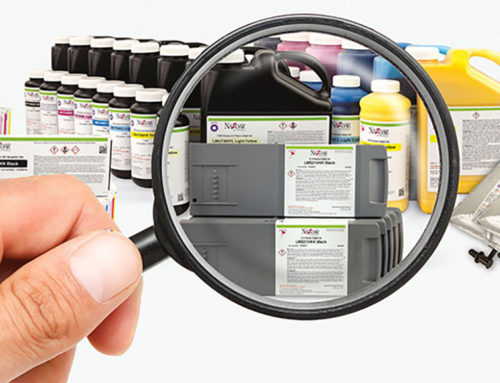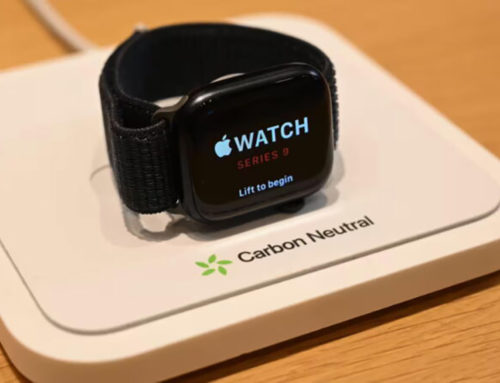In a recent revelation, the Foodservice Packaging Institute (FPI) has disseminated key insights derived from its Resident Messaging Survey, shedding light on resident assumptions about recyclability, awareness of recyclable items, and the pivotal sources guiding recycling behaviors. The survey, honing in on take-out items like plastic containers, cups, paper cups, and pizza boxes, offers a groundbreaking perspective that could reshape messaging strategies for sustainable packaging in the foodservice industry.
Natha Dempsey, President of FPI, underscores the survey’s significance, stating, “Findings from the Resident Messaging Survey will inform the development of effective messaging for FPI’s Community Partnership program.” The insights gleaned aim to guide communities incorporating new items into their recycling programs, fostering messaging consistency to enhance the recycling of foodservice packaging nationwide.
The survey delves into the psyche of recyclers, revealing that material type supersedes the physical form (cup, box) when deciding to recycle an item. This paradigm is further affirmed in responses regarding paper and plastic cup recycling, where respondents exhibited a predilection for considering material composition over the item’s structural form.
Notably, two-thirds of respondents prioritize the package itself as the primary source to determine recyclability, followed closely by information from the recycling program. The survey underscores the critical role played by recycling cart/bin signage, closely trailed by details on community or recycling company websites.
Resource Recycling Systems (RRS) managed and analyzed the online survey, with responses from 1,042 U.S. residents reflecting demographic diversity. Ashley Elzinga, Director of Sustainability and Outreach for FPI, emphasizes the need for clear education campaigns to encourage accurate recycling, given that not all packaging meets the criteria for being widely recyclable.
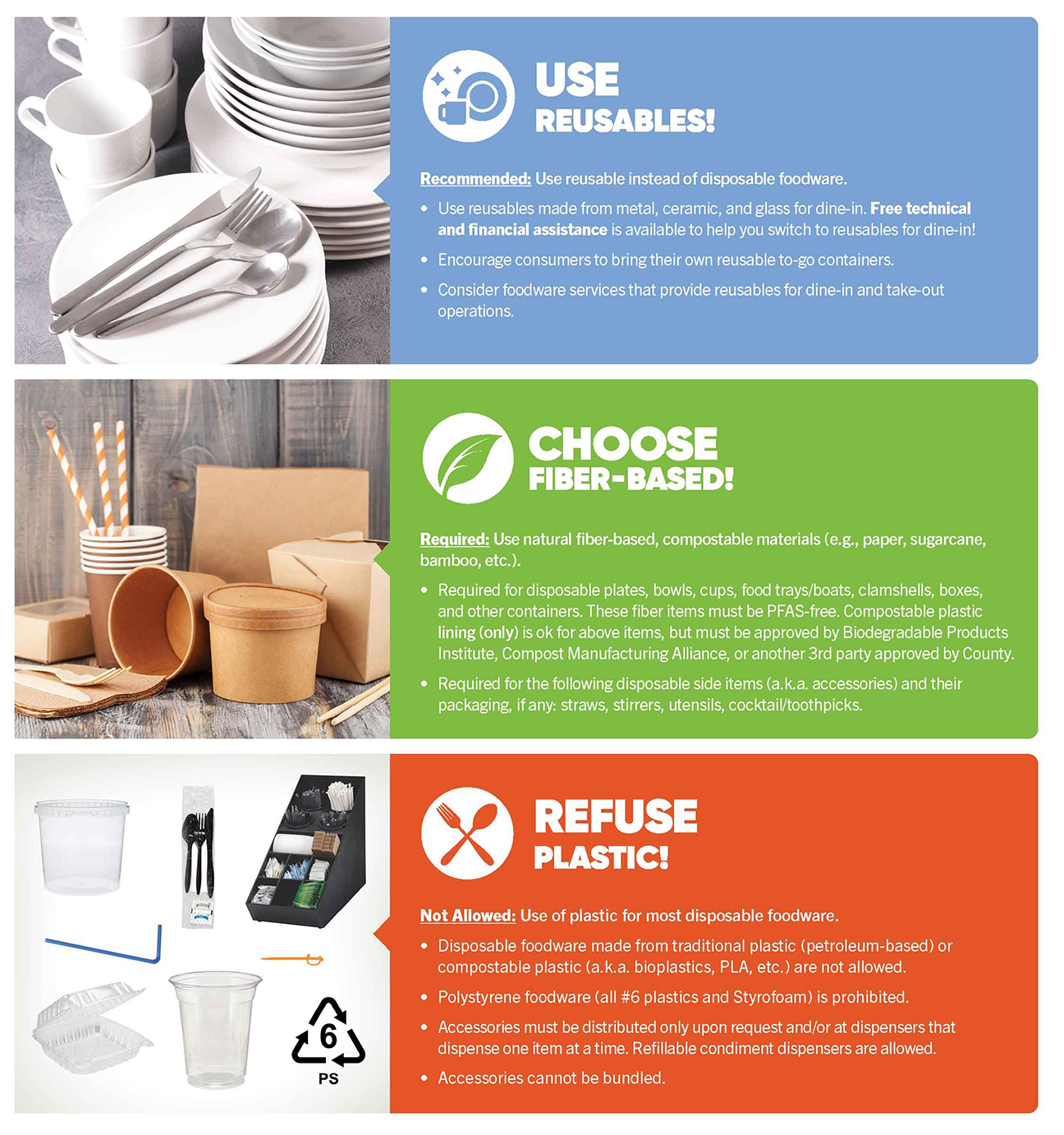
Specific findings relating to foodservice packaging include a substantial 75% expressing willingness to recycle paper cups, primarily driven by the material (paper) rather than the cup’s form. The survey also illuminates the public’s perception of cups as a type of container, with residents more likely to recycle a plastic cup if containers are included in recycling guidelines.
Furthermore, the survey suggests that visual aids, such as sample recycling guidance brochures featuring images resembling real-world items, significantly influence recycling behavior. A staggering 90% of respondents expressed a willingness to recycle a molded fiber drink carrier when presented with a sample recycling guide picturing a similar material, like an egg carton.
FPI’s recommendations emphasize the importance of messaging that considers both material and form, while also advocating for grouping recyclables by material and employing terms most relevant to residents, enhancing recall and fostering correct recycling behavior. Additionally, the emphasis on “clean and empty” in messaging emerges as a potential game-changer for the entire residential recycling stream.
In essence, FPI’s Resident Messaging Survey not only provides a snapshot of current recycling behaviors but also charts a course for future strategies that align with the evolving dynamics of sustainability in the foodservice packaging landscape.

